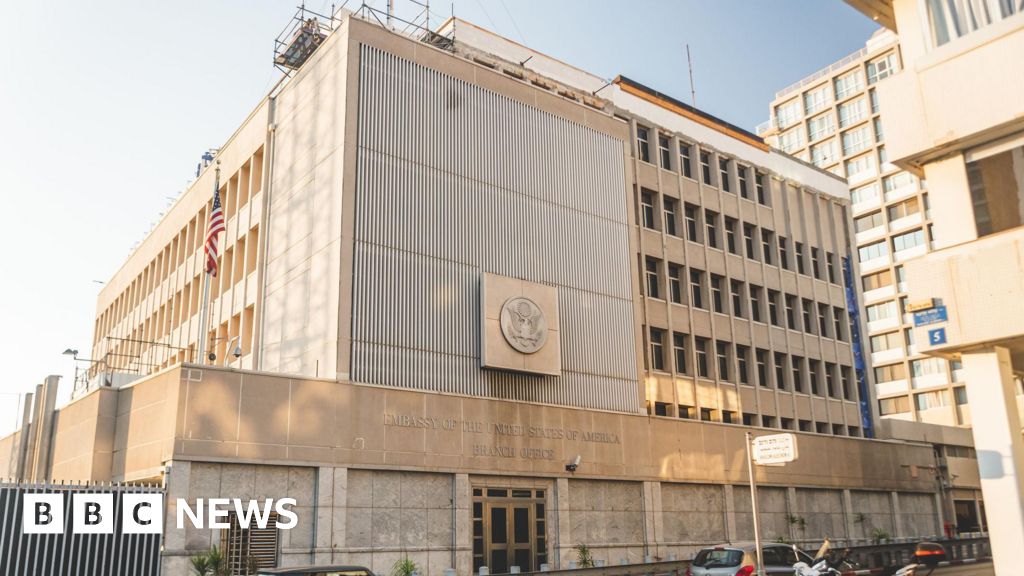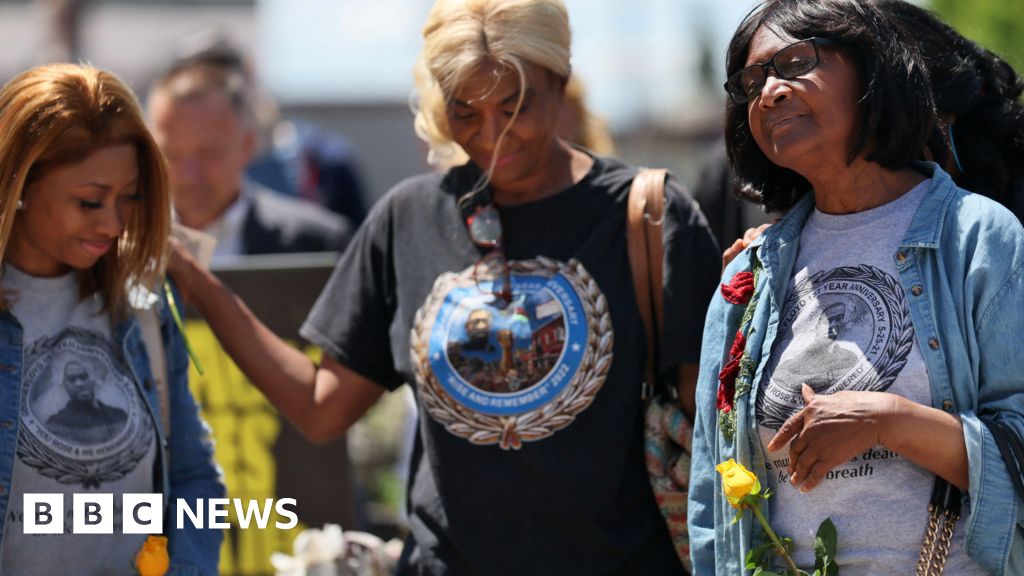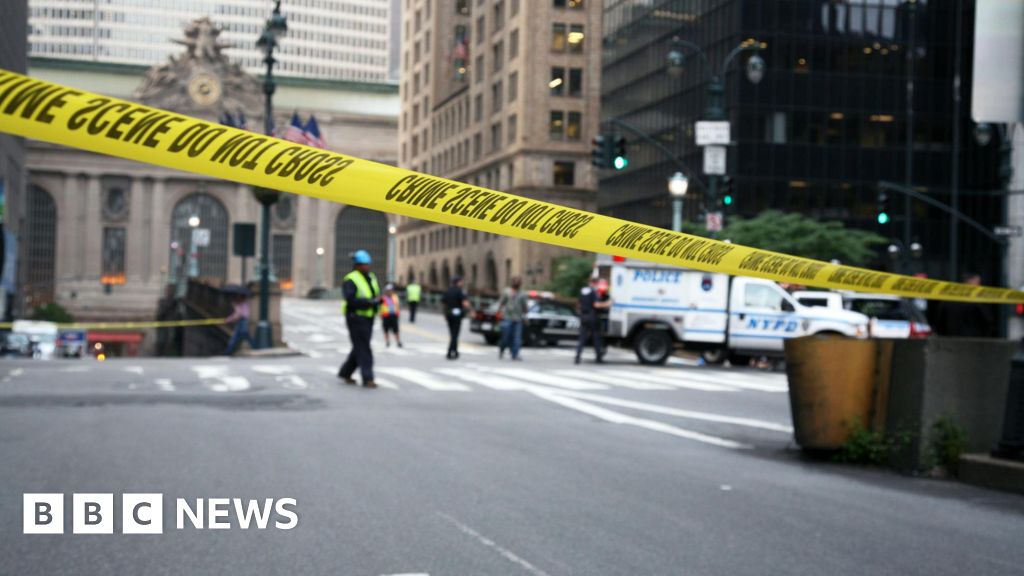ARTICLE AD BOX
 Image source, Getty Images
Image source, Getty Images
The US Supreme Court has agreed to hear a legal challenge that could undo hundreds of charges relating to the Capitol riot on 6 January 2021.
On Wednesday, it said its justices would review the charge of obstruction of an official proceeding.
Some 300 people have been charged with that statute for alleged crimes committed during the Capitol riot.
Former President Donald Trump is also charged with that count in the federal investigation being led by Jack Smith.
The top courts eventual decision could upend all of those charges and potentially delay the start of Mr Trump's trial on 4 March.
The man who brought the appeal, Joseph Fischer, says the law has been applied incorrectly against people charged over their involvement in the riot.
Federal prosecutors say Mr Fischer was one of thousands who participated in the attack on Congress to prevent it from carrying out the certification of the 2020 election results.
He claims that the law, which was created in the wake of an accounting scandal in 2002 to prevent corporate malfeasance during trials, has been unreasonably stretched to apply to those charged over the violence.
Lawyers for Mr Fischer say those who stormed the Capitol were not acting "corruptly" as the law demands. Instead, they say rioters were protesting what they honestly believed to be a stolen election.
But the justice department has argued that "official proceeding" could refer to a proceeding of Congress.
The Supreme Court's decision to hear the matter could have consequences for Special Counsel Jack Smith's prosecution of Mr Trump for his alleged efforts to overturn the 2020 election results.
In August, Mr Smith charged the former president with obstruction of an official proceeding and three other federal crimes. Mr Trump pleaded not guilty to the charges and claimed he was the victim of a political "witch hunt".
Mr Fischer's attorneys' specifically noted the connection in their petition to the court. The case "presents an important question of federal law affecting hundreds of prosecutions arising from January 6, including the prosecution of former President Donald Trump," they wrote.
Earlier, a US District Court judge ruled in favour of Mr Fischer and two others charged in connection to the riot, but a subsequent appeals court voted 2-1 to overturn that ruling.
Appellate Judge Florence Pan wrote that the Justice Department's "broad interpretation of the statute…is unambiguous and natural".
Her colleague, Judge Gregory Katsas, dissented, writing the government was "mistaken" and that its interpretation "hard to reconcile" with the history of the statute.
In September, Mr Fischer has asked US Supreme Court to consider his case. The court agreed to hear it in a series of announcements on Wednesday, which also included a high-profile abortion pill case.
Those following the federal Capitol riot investigation will be closely watching the Supreme Court as it weighs Mr Fischer's case.
It marks the second 6 January-related case to come before the Supreme Court in recent days.

 1 year ago
77
1 year ago
77








 English (US) ·
English (US) ·